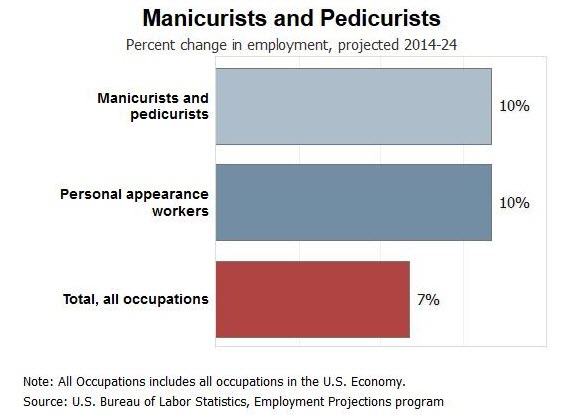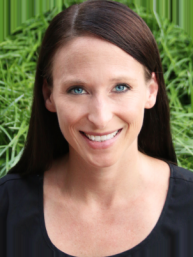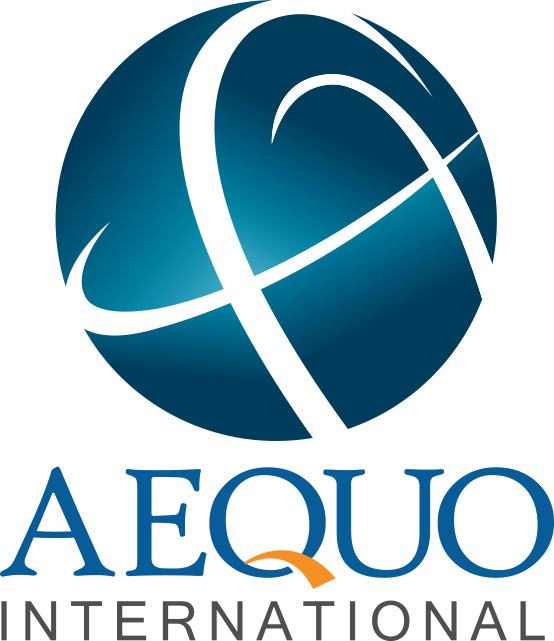Authenticating Vietnamese Education for Cosmetology Licensure
Aequo International is currently serving the U.S. cosmetology boards in twelve jurisdictions. Over the past six months our team has identified fraudulent documents from 38% of the cosmetology licensure applicants whose education was completed in Vietnam. This is a staggering number considering that over half of the nail technicians across the country are Vietnamese. The U.S. Bureau of Labor Statistics is projecting a growth rate of 10% for manicurists and pedicurists over the next decade, which is well over the national average for growth within a profession. Let’s take a look at the verification process for educational documents, as well as the different methods in which people are submitting inadequate educational records.

Aequo International requires cosmetology licensure applicants to send in their original high school diploma or transcript, or have the document mailed directly to us from the school or ministry of education. We take a scan of the document and then correspond directly with representatives from each country in order to verify the authenticity of the paperwork. For Vietnamese candidates we send the scanned image to the Ministry of Education and Training in Vietnam, which determines the specific province that issued the document. The high school, student name, and date of graduation are all cross checked to ensure the legitimacy of the diploma. Submissions that pass the authentication process are then evaluated to ensure that the coursework obtained in Vietnam meets the board requirements for licensure. Many of the fraudulent items that we have encountered contain a different photograph and name copied onto a valid diploma. Others are a rudimentary copy of the Vietnamese diploma, often laminated to bolster the appearance of validity. The anxiety is clear from those who are turning to fraudulent documents, as witnessed in this email response from a family member of a candidate, after they were told their diploma was cataloged as fraudulent.
"Hi! Her test that she finish almost expire due to this October. Now she really need the job. She really need help from you guys so if there anyway she can claim that her diploma is authentic. Thanks a lot."
Licensure applicants who have not met the educational requirement of the state board may choose to close the gap in their education, and unfortunately there are companies here in the U.S. that capitalize on the murky accreditation process behind online schools. Immigrants who are intimidated by the English (or Spanish) language skills required to pass the GED test may choose to pay only $5 more to a company such as Cornerstone Christian Correspondence School, whose diplomas have recently come across our desks. For the low cost of $125 applicants can enroll in the program and receive five testing packets (language arts, writing skills, social studies, science and mathematics) which they will be able to complete in the comfort of their own home under the supervision of a family member or friend, rather than in a testing center. Should they fail any of those tests, the applicant will need to pay an additional $15 for each section that requires a retest.
To their credit, the Cornerstone Christian Correspondence School does state on their application that students should, "be advised that some branches of the military and some colleges (usually state funded colleges or universities) do not accept correspondence school diplomas." They go on to include, "It is your responsibility to determine the suitability of this program for your needs."

Photo credit: www.cornerstonechristianministry.org/
Here at Aequo International we have had the unfortunate responsibility of explaining to cosmetology licensure applicants that the Cornerstone Christian Correspondence School’s accreditor (The Accrediting Commission International) is a bogus company and the diploma that they have received will not qualify them for licensure. One would hope that the ethical dilemma in this scenario would cause them to think twice before purchasing a diploma program that allows them to test in their own home, but when you are immersed in a new culture the already blurred lines of ethics become even more unclear by unfamiliar social norms. Add in the process of determining which schools are accredited by legitimate organizations and which are misleading students, and we can understand why some of the licensure candidates we see will turn to companies like the Cornerstone Christian Correspondence School.
While it is easy to understand the desperation of immigrants seeking employment in a new country, it is also important to recognize the ramifications of fraud. Aequo International sends notifications to the state boards with the details of all applicants that have misrepresented their qualifications. It is up to the state boards to decide how they want to handle these ethical violations. Public health is a constant concern in cosmetology with strict guidelines to maintain. In more recent years, the safety of individuals has also become an issue as human trafficking has been tied to salons. Identifying the paths within a profession that create a threat to public safety is one of the goals of Aequo International, and we believe it important to start a conversation that will lead to solutions. Please contact us if you have any questions on the Vietnamese education system or the proliferation of diploma mills online.

Author: Jeannette Faber, Product Channel Specialist
Posted: August 26, 2016

